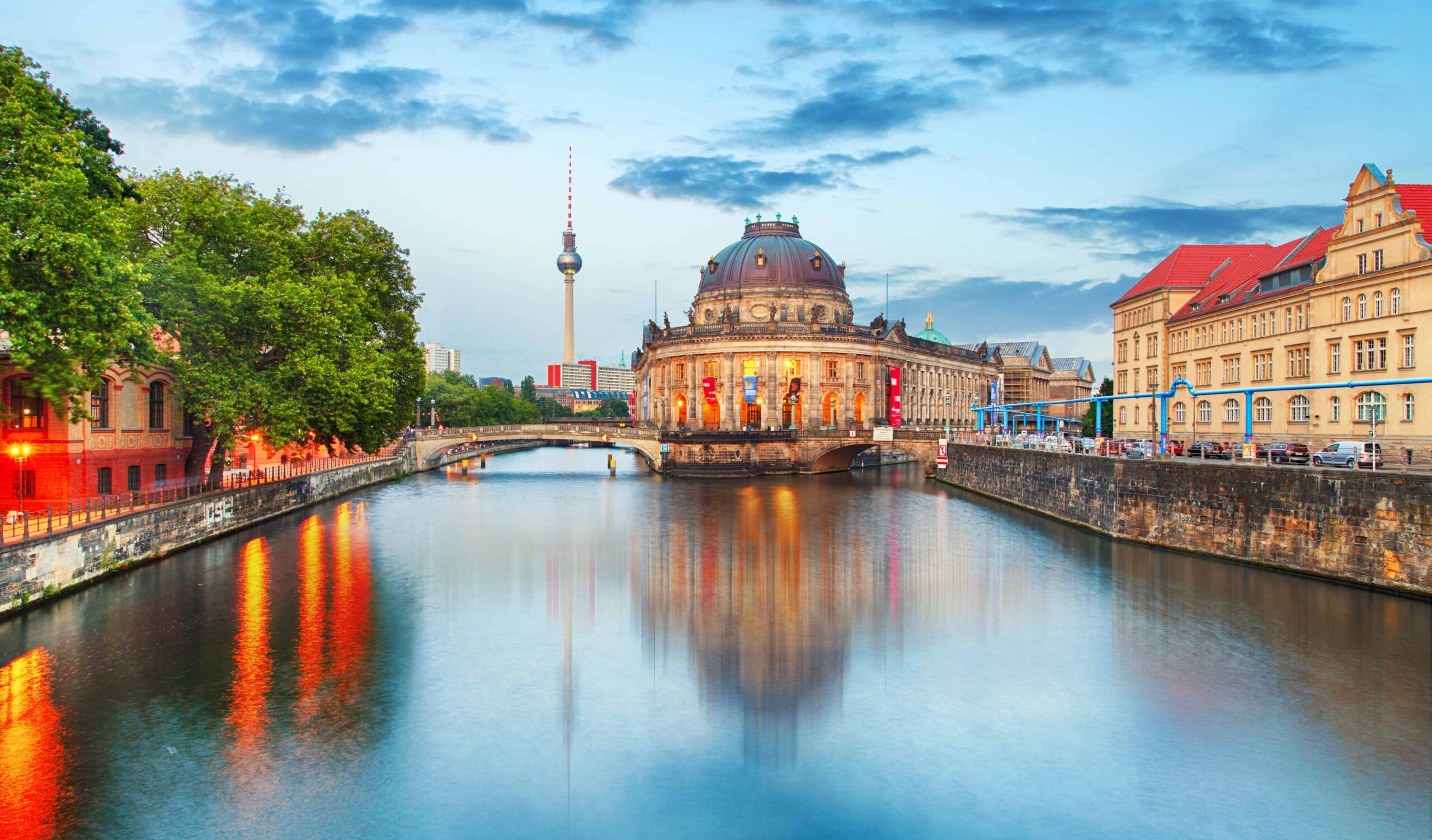Entering a new international market is a complex but rewarding venture. Germany, with its robust economy, strategic location in Europe, and business-friendly environment, is an attractive destination for many international companies. This article outlines a comprehensive road map for international companies wanting to enter the german market, with a special focus on businesses from regions like Sialkot, known for its best travel agency services and thriving industries.
Understanding the German Market
1.Economic Landscape
Germany is the largest economy in Europe and the fourth-largest in the world, known for its strong industrial base, technological advancements, and high export volume. Key sectors include automotive, machinery, chemical, and pharmaceutical industries. Understanding the economic landscape is crucial for identifying opportunities and challenges in the German market.
2.Cultural Considerations
Germany values efficiency, punctuality, and precision. Business meetings are formal, and it’s important to be well-prepared and respectful of time. Building long-term relationships based on trust and reliability is essential. Understanding these cultural nuances can significantly enhance business interactions.
Market Research and Feasibility Study
1.Market Analysis
Conduct thorough market research to understand the demand for your products or services. Analyze the competition, market size, and customer preferences. For instance, if you are a travel agency in Sialkot aiming to expand into Germany, investigate the travel trends, preferences for travel services, and potential partnership opportunities with local agencies.
2.Feasibility Study
Evaluate the feasibility of entering the German market by assessing factors such as regulatory requirements, potential barriers to entry, and the economic viability of your business model. This study should include a SWOT analysis (Strengths, Weaknesses, Opportunities, Threats) to provide a clear picture of the potential success of your venture.
Legal and Regulatory Framework
1.Business Structure
Choose the appropriate business structure for your operations in Germany. Common options include establishing a subsidiary, forming a partnership, or setting up a branch office. Each structure has its legal and tax implications, so consult with legal experts to make an informed decision.
2.Compliance and Regulations
Germany has stringent regulatory requirements, including business registration, tax compliance, and employment laws. Ensure that your business adheres to these regulations to avoid legal complications. For example, the best travel agency in Sialkot must comply with German tourism laws, consumer protection regulations, and insurance requirements.
Entry Strategy
1.Direct Exporting
Direct exporting involves selling your products directly to German customers. This strategy is suitable for companies with a strong online presence and logistics capabilities. Utilize e-commerce platforms to reach German consumers efficiently.
2.Joint Ventures and Partnerships
Forming joint ventures or partnerships with local German companies can provide valuable market insights, shared resources, and established distribution channels. This strategy is particularly beneficial for industries requiring local expertise and networks.
3.Mergers and Acquisitions
Acquiring or merging with a German company can provide immediate market access, established customer bases, and local expertise. This approach, while resource-intensive, can significantly accelerate market entry and growth.
Marketing and Branding
1.Localizing Your Brand
Adapting your brand to resonate with the German audience is crucial. This includes translating marketing materials into German, aligning your brand values with local preferences, and ensuring your products meet German quality standards.
2.Digital Marketing
Invest in digital marketing strategies to reach German consumers. Utilize search engine optimization (SEO), social media marketing, and online advertising to enhance your brand’s visibility. Highlighting unique selling points, such as being the best travel agency in Sialkot, can attract German travelers seeking exceptional services.
3.Trade Shows and Events
Participate in industry trade shows and events in Germany to showcase your products, network with potential partners, and gain market exposure. These events provide valuable opportunities for face-to-face interactions and business development.
Building a Local Team
1.Hiring Local Talent
Recruiting local employees can provide insights into the German market, cultural understanding, and language proficiency. Local talent can also help navigate regulatory requirements and establish strong customer relationships.
2.Training and Development
Invest in training and development programs to ensure your team is well-equipped to represent your brand in Germany. This includes cultural training, product knowledge, and customer service excellence.
Logistics and Supply Chain Management
1.Efficient Supply Chain
Establish an efficient supply chain to ensure timely delivery of products. This involves selecting reliable logistics partners, optimizing inventory management, and leveraging technology for supply chain visibility.
2.Distribution Channels
Identify the most effective distribution channels for your products in Germany. This could include online platforms, retail partnerships, or direct sales. Tailor your distribution strategy to meet the preferences and expectations of German consumers.
Financial Planning and Management
1.Budgeting and Forecasting
Develop a comprehensive financial plan that includes budgeting, forecasting, and financial risk management. Consider the costs associated with market entry, including marketing, legal fees, and operational expenses.
2.Funding and Investment
Explore funding options to support your market entry. This could include seeking investment from German investors, applying for grants, or utilizing government support programs aimed at encouraging foreign investment.
Monitoring and Evaluation
1.Performance Metrics
Establish key performance indicators (KPIs) to monitor the success of your market entry strategy. Regularly review these metrics to assess progress and make necessary adjustments.
2.Continuous Improvement
Adopt a continuous improvement approach by gathering feedback from customers, partners, and employees. Use this feedback to refine your strategies, enhance customer satisfaction, and drive business growth.
Conclusion
Entering the German market offers immense potential for growth and expansion. By following this comprehensive road map for international companies wanting to enter the german market can navigate the complexities of the market and establish a successful presence in Germany. From conducting thorough market research to building a local team and optimizing logistics, each step is crucial for achieving long-term success. For businesses like the best travel agency in Sialkot, leveraging local expertise, cultural understanding, and strategic partnerships can make a significant difference in capturing the opportunities that the German market presents.
Book an Appointment with Us

If you need any help regarding application process and got any query, feel free to contact us. Click here to Enroll yourself for admission in Japan. You can learn more about us here.






















